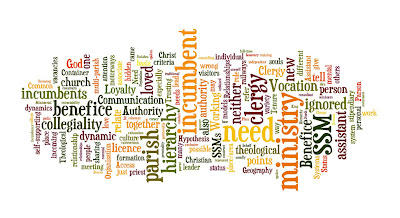Can you help, please?
After seven years the convener is retiring from this ministry (and other public ministry) early in 2013.
People say that they have found mutual support in meeting, they have learnt from reflecting on rural ministry and issues of country churches. They have quite simply valued meeting others involved in rural church work in Hampshire across the two dioceses of Portsmouth and Winchester and the opportunity to share with those who appreciate the countryside and its peculiar issues
It has been amazing that gatherings have consistently attracted some 15 busy people.
Could you - or a couple of you - devise and arrange three meetings a year:
- they typically run from 11.30am until after prayers in church finishing at 3.00pm
- they only need a location with tea/coffee making facilities, as those attending bring their own lunch
- they move around Hampshire through the hospitality of members of the network
- they are well spaced through the year: February/March - discussion or speaker; June/July - a farm or rural enterprise visit; October/November - discussion or speaker
- most in the network are easily contactable through email
- the HRG blog is easily updated with news and reports - training and explanation can be given -- or this could be done by another volunteer.
| If you think you could help in some way, either email Martin Coppen, or contact him by phone on 01264 738308, or by letter at: The Vicarage, St Mary Bourne, Andover, Hants SP11 6AY. |
Thank you for reading this.

